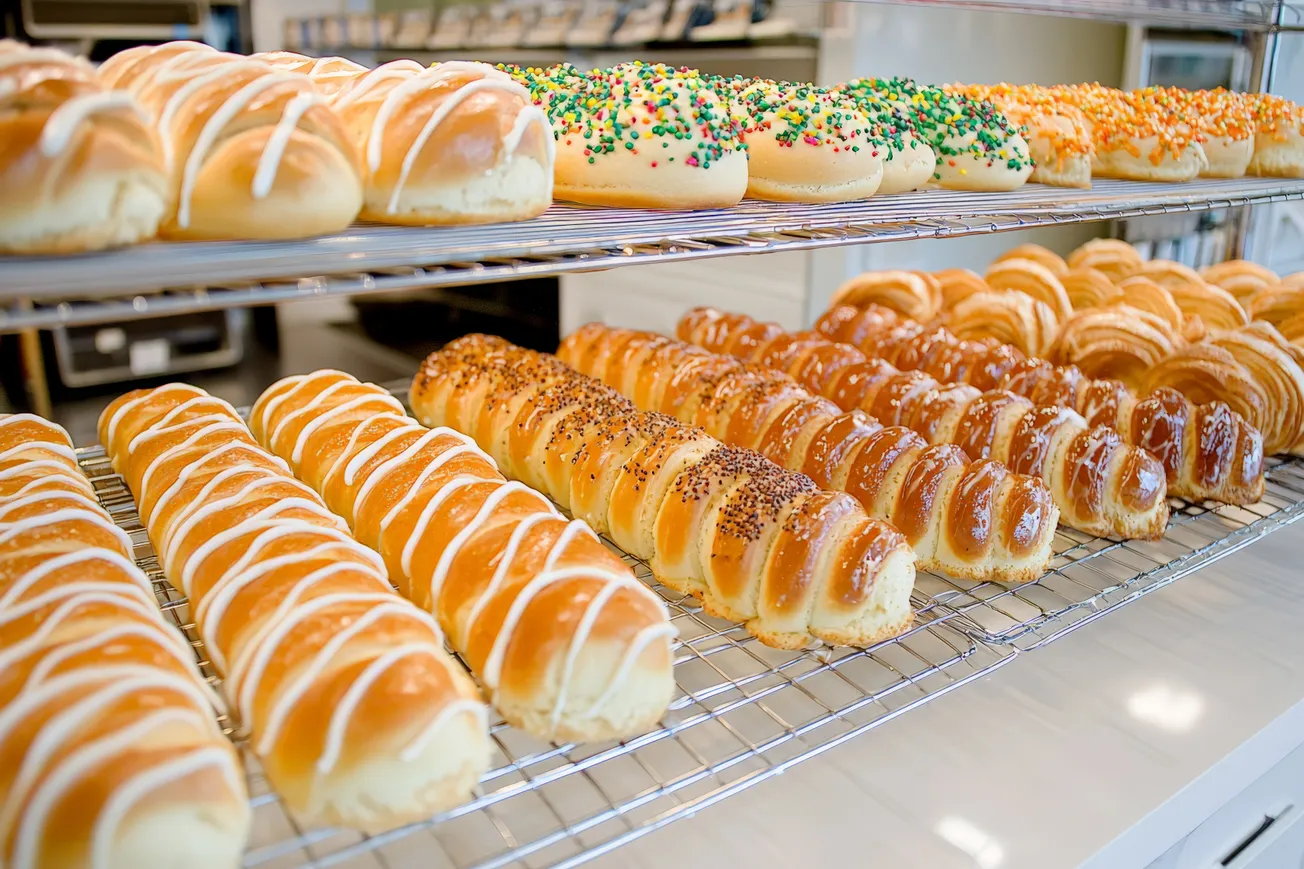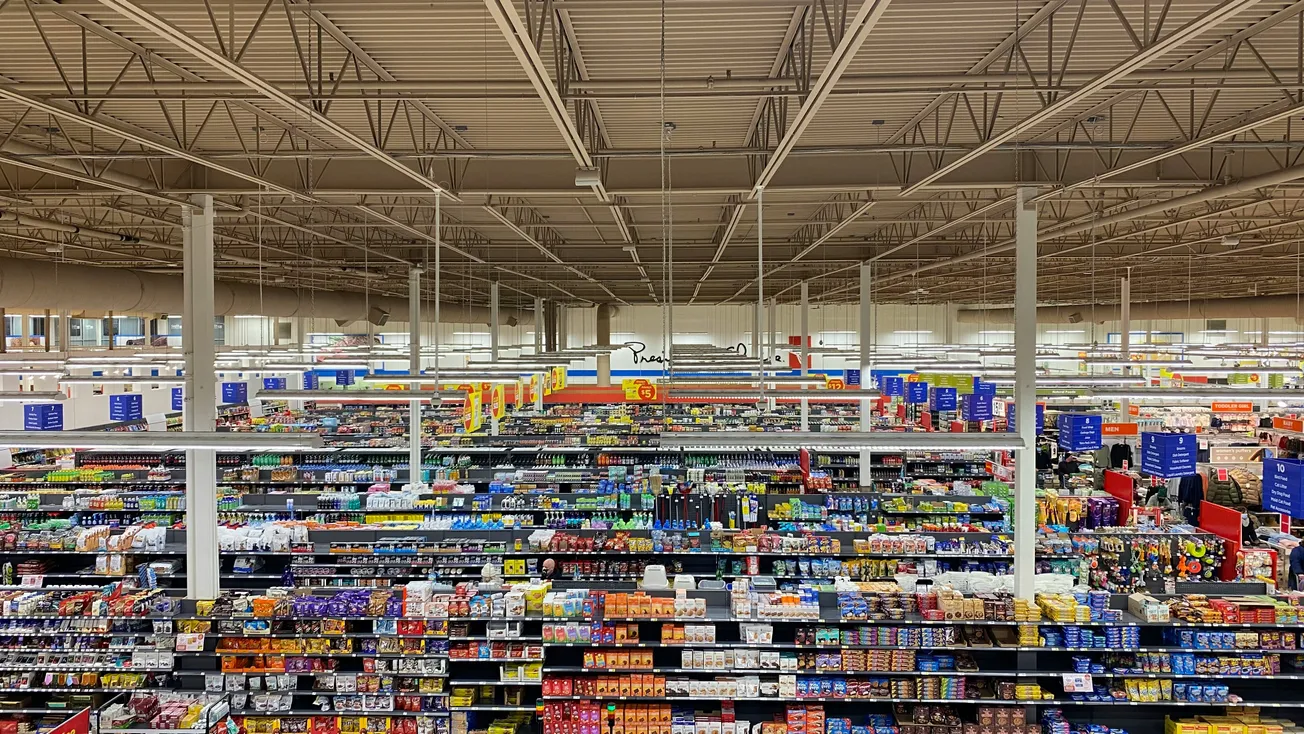The in-store bakery segment is becoming a critical growth driver in the grocery industry, as major retailers like Walmart, Kroger, and Publix respond to shifting consumer expectations in 2025.
Industry data and recent moves by leading chains suggest that health-conscious options, innovative flavor profiles, and advanced production technologies are reshaping how baked goods are made, marketed, and sold.
Health-Driven Innovation Fuels New Product Development
The modern consumer’s emphasis on wellness is playing a central role in the evolution of baked goods.
Bakery items featuring functional ingredients—such as probiotics, fiber, and vitamin D—have seen a 22% year-over-year increase, according to data from Innova Market Insights. This reflects broader dietary shifts that prioritize digestive health and nutrient density.
The global gluten-free bakery market alone is expected to reach $7.59 billion by 2027, as brands reengineer traditional recipes to meet demand for allergen-conscious and low-carb options. These offerings are no longer niche but central to the category's growth within the broader consumer packaged goods (CPG) landscape.
Flavor Innovation and Hybrid Products Capture Attention
Retailers and brands are embracing fusion trends to stand out in a competitive marketplace.
New product rollouts increasingly feature limited-edition and seasonal varieties—up 38% in bakery launches—while hybrid creations like mochi danishes and cruffins gain popularity.
“Flavor novelty and textural variety are powerful tools in driving trial and repeat purchases,” noted a report from Bakerpedia.
The integration of global and nostalgic flavors into baked goods is helping retailers cater to more adventurous palates.
Technology Streamlines Production and Customization
Technological adoption is accelerating across the bakery supply chain.
Maison Bécam, a European bakery chain, has pioneered the use of 3D cake printers, allowing it to deliver intricate and personalized designs with speed and precision.
This focus on automation and customization is increasingly relevant to U.S. retailers, which are exploring ways to balance labor efficiency with elevated consumer expectations for fresh, premium-quality bakery offerings.
Strategic Focus Among Grocery Retailers
Walmart: Scaling Value with Consistency
Walmart continues to leverage its bakery category as part of its value proposition. With an emphasis on affordability and broad appeal, the company offers competitively priced baked goods, including customized celebration cakes and freshly baked staples. Walmart’s scale allows it to serve millions of shoppers seeking convenience without compromising on consistency.
According to a recent Kantar Retail IQ report, bakery remains a high-turnover category that supports Walmart’s larger goals of shopper retention and in-store experience enhancement.
Kroger: Elevating Quality Through Private Label
Kroger is doubling down on premium offerings through its Private Selection brand. Recent enhancements to its bakery portfolio include reformulated croissants, cinnamon rolls, and layer cakes with higher-quality ingredients and more indulgent profiles. These moves aim to differentiate Kroger’s in-store experience and attract consumers looking for both everyday indulgence and specialty fare.
Publix: Mixing Tradition with Premium Craftsmanship
Publix’s bakery strategy blends established favorites with culinary experimentation. The company’s introduction of artisan-style breads, including the Italian-inspired Tutto Pugliese, aligns with consumer interest in authenticity and craftsmanship. Custom cakes and rotating seasonal items round out the portfolio, keeping the category dynamic and relevant.
Outlook: A Category Poised for Growth
Despite broader economic uncertainties, the global bakery market is expected to reach $655.46 billion in 2025 and continue climbing to $854.63 billion by 2030, according to Mordor Intelligence.
In the U.S. alone, bakery sales are forecast to hit $38.73 billion by the end of this year, driven by in-store purchases and renewed interest in home-centric eating habits.
Retailers that invest in health-forward, flavor-rich, and tech-enabled bakery strategies are likely to see long-term gains. As the role of the in-store bakery shifts from a traditional staple to a point of differentiation, grocers are recognizing its potential as a cornerstone of modern merchandising.








